Yesterday, a myriad of news websites proclaimed that CVS, one of the largest drugstores in the U.S., had announced a ban on photo manipulation in makeup marketing created for in-store promotional displays, websites, social media and any other marketing materials.
“This is huge,” said Chelsea Ritschel of independent.co.uk, “Consumers have made it clear that they no longer want to see photoshopped or retouched advertising – and brands are finally listening.”
Announcing the change, CVS Pharmacy President Helena Foulkes said: “As a woman, mother and president of a retail business whose customers predominantly are women, I realize we have a responsibility to think about the messages we send to the customers we reach each day… The connection between the propagation of unrealistic body images and negative health effects, especially in girls and young women, has been established. As a purpose-led company, we strive to do our best to assure all of the messages we are sending to our customers reflect our purpose of helping people on their path to better health.”
Ritschel continued: “In order to accomplish this, the drug-store company has announced a ban on photo manipulation on makeup marketing and promotional displays in-store, websites, social media and any marketing materials.”
But is This Really a Ban on Retouching?
The complete CVS statement is available here: CVS Pharmacy Makes Commitment to Create New Standards for Post-Production Alterations of Beauty Imagery. The press release states: “[CVS] announced a commitment to create new standards for post-production alterations of beauty imagery it creates for stores, websites, social media and any marketing materials….The company also announced that it will introduce the “CVS Beauty Mark,” a watermark that will be used to highlight imagery that has not been materially altered.”
The announcement goes on to define materially altered to mean any image that changes or enhances “a person’s shape, size, proportion, skin or eye color, wrinkles or any other individual characteristics.”
Frankly, this has nothing to do with banning retouching, a point clearly lost amidst the frenzied reporting. The intent here is to help consumers know when they are looking at authentic images as opposed to digitally altered or enhanced ones – meaning those that portray an unrealistic representation of the person depicted.
“The CVS Beauty Mark will start to appear on CVS Pharmacy-produced beauty imagery in 2018 with the goal of all images in the beauty sections of CVS Pharmacy stores reflecting transparency by the end of 2020.”
Where Do News Reporters Get Their News?
As a commercial beauty photographer and retoucher, this was an important announcement for me, my colleagues and my industry, and after seeing and believing the headlines I went straight to the source document – the actual CVS press announcement. Granted, English is not my native language, so maybe I missed something. After all, how could so many news outlets be reporting this announcement as an outright ban on retouching? I have reread the announcement multiple times and there are no statements about retouching being banned by CVS.
Which leaves me with a somewhat unrelated question: do news reporters still check the facts before reporting the news or do they just read and repost each other’s articles?

It is a Wonderful Initiative, But Do the Consumers Really Understand What They are Asking For?
I have been photographing women of all ages, colors and backgrounds around the world for over 10 years. I’ve photographed actresses, models, writers, moms and just regular women and I have yet to meet a woman who would look at the original images and say: “I want to show the world what I really look like – no retouching, please!”
It is not because my out-of-camera images look bad, it is because studio lights, large-sensor cameras and sharp lenses are very cruel to female faces.
In the past couple of years I have worked with a couple dozen large and small cosmetics brands to create their promotional imagery and it is relatively rare that a client requests that I retouch the images to perfection. My own approach is to do just as much retouching as necessary to revert the captured appearance of the model to what I really saw with my own eyes at the time of the shoot. But if a client asks to push it, it is my job to do so, even though I always attempt to explain why it is not a great idea to retouch more.
For the same reason, I am very picky about the skill level of the makeup artist I work with on beauty campaigns and the quality of the skin of the models that are selected to be photographed. If the face and the skin are prepared for the shoot by a qualified creative team, lit and captured well – there won’t be too much retouching needed, which will allow the images to be kept as authentic as the bright studio lights and sharp lenses allow.
Good Retouching Vs. Bad Retouching
In the post-production stage, I carefully remove the things that are distracting in the still photo and are not noticed in reality – I am very gentle with the captured shadows because altering them may inevitably deform the real shape of the face or facial features.
I wasn’t always as careful; it took me many years of practice to perfect my craft. And now with my matured artistic vision, I can see that a big chunk of promotional imagery in the beauty industry isn’t retouched by professional retouchers with a similar careful approach and a desire to preserve the authentic appearance of the model.
So, let me just go out and say it – the problem is NOT with retouching in the beauty industry; the problem is with UNQUALIFIED photography and retouching used by some cosmetics brands. If you think about it, CVS’s plans for new post-production standards and their goal of transparency for beauty imagery is good news for the industry because it helps call attention to this problem.
However, this situation still concerns me regarding the future of beauty industry imagery because there are so many moving parts and some of them just don’t click and that has resulted in calls for drastic measures such as banning retouching altogether.
As a professional directly involved in the industry, I believe the following is how we came to this point regarding retouching:
- Retouching isn’t bad, it’s UNQUALIFIED retouching that makes a bad name for all retouchers;
- Buying a digital camera and downloading Photoshop is so affordable now that there is an influx of people calling themselves professional photographers and retouchers, yet this is no more true than if someone buys a violin and calls himself a concert violinist – it is the beauty brand’s responsibility to hire qualified professionals to create their promotional materials;
- Marketing specialists in some cosmetics companies very often do not possess a good understanding of quality photography and retouching, which leads them to hire photographers and retouchers based on their budgets, regardless of the artists’ skill levels;
- Over-retouched images requested and approved by those marketing specialists are coming out into the world and causing the consumer to blame Photoshop and retouchers for “the propagation of unrealistic body images and negative health effects in girls and young women.”
There isn’t just one element of the image creation process to blame – it’s not Photoshop, and it’s certainly not all retouchers, and in fact, it’s not really about quality retouching either.
As a founder of Retouching Academy, I believe we desperately need a place where companies can come and select highly QUALIFIED beauty retouchers. Our free RA Recognized Professional Retoucher program is being developed as we speak, and soon we will welcome anyone who needs the help of an experienced and highly skilled professional retoucher to find that person right here on our website.
Maybe working with professional retouchers will not only be the saving grace for the reputation of retouching, but will also help keep the beauty industry imagery in wonderful shape too.
Featured image source: www.independent.co.uk



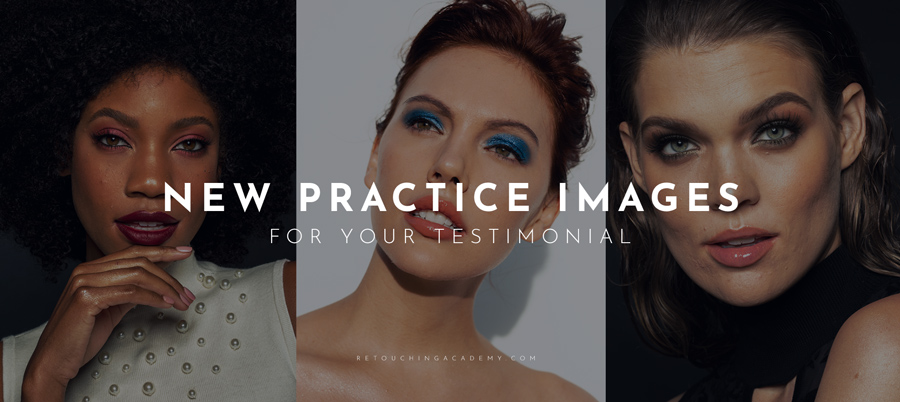
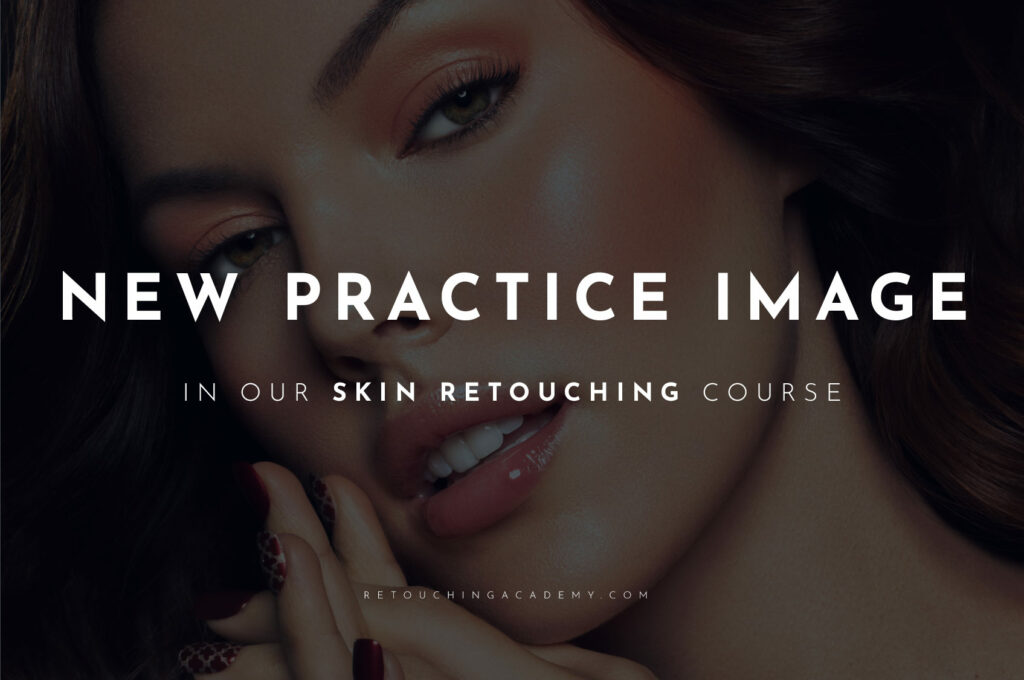

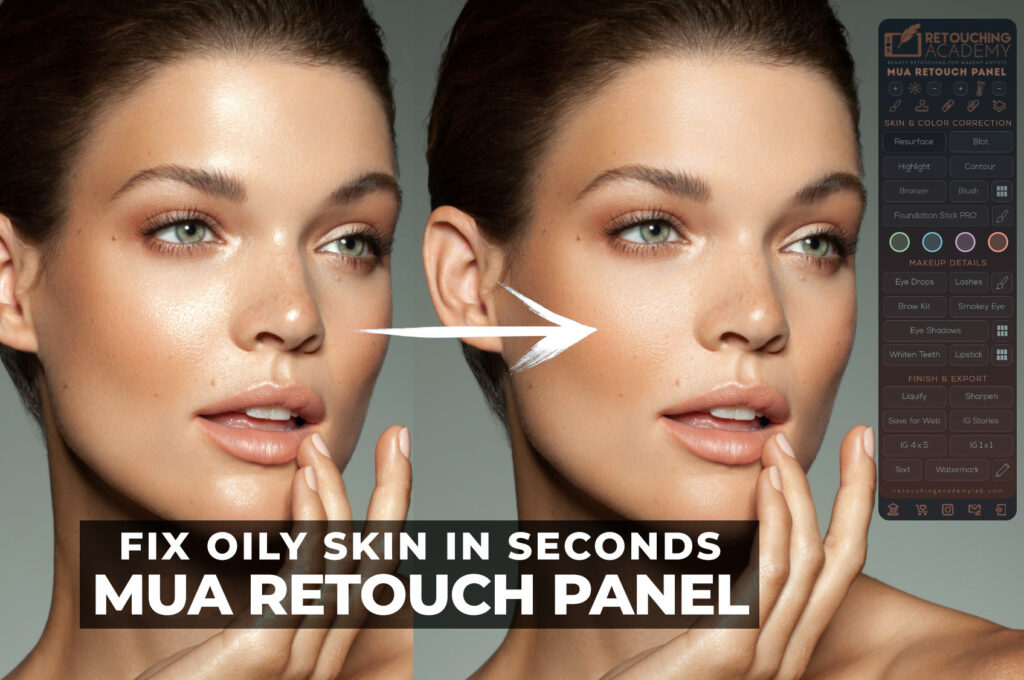
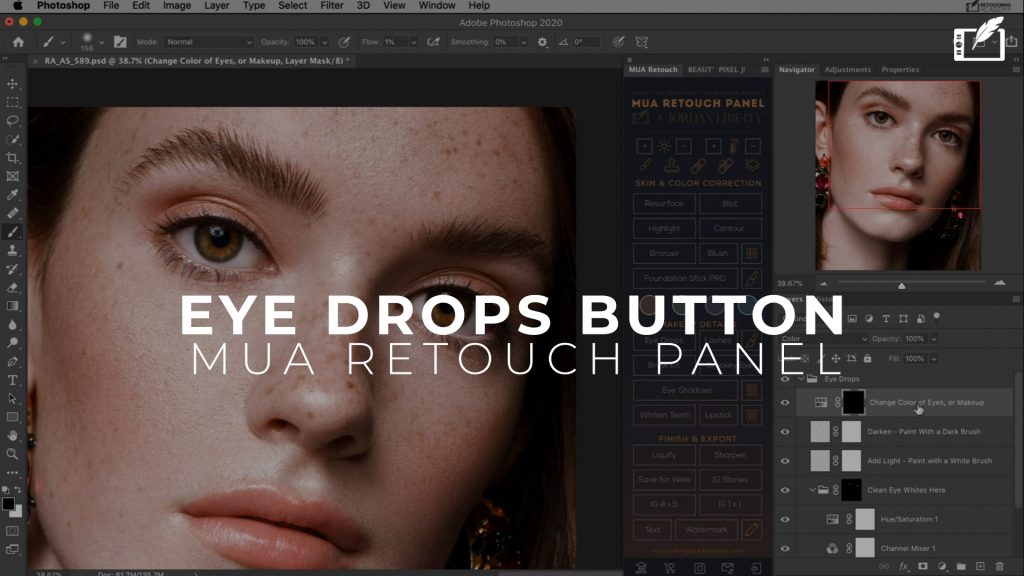
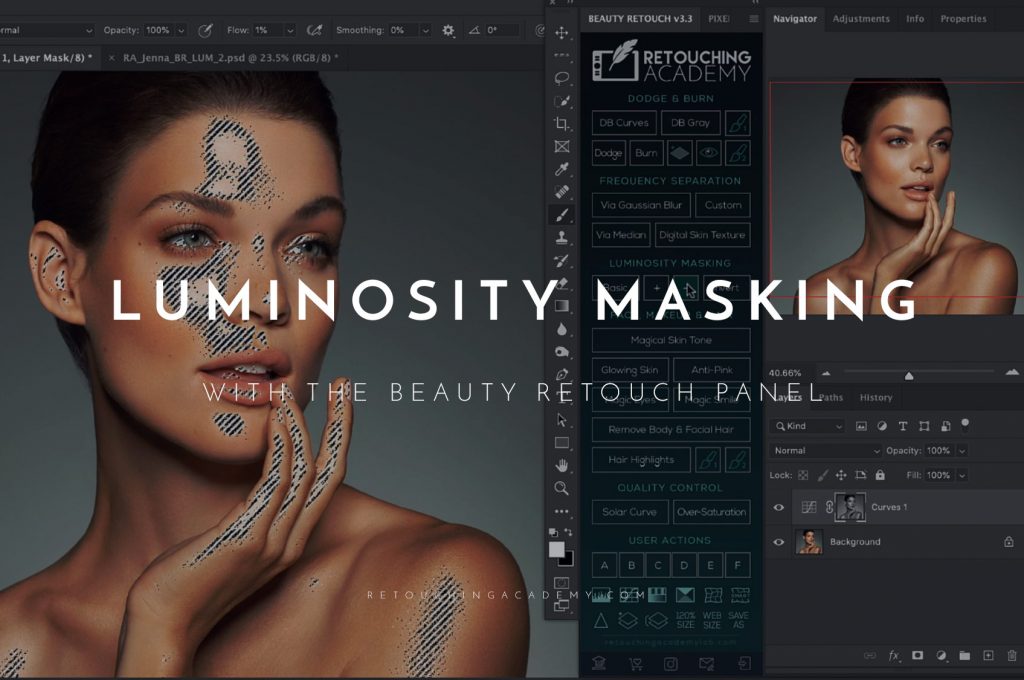

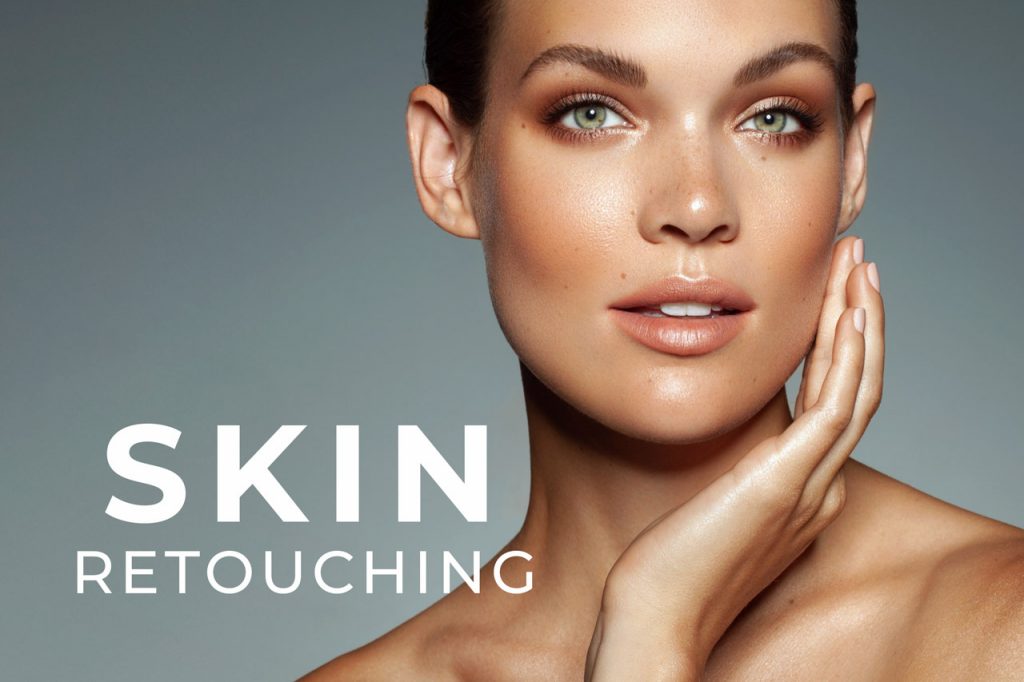
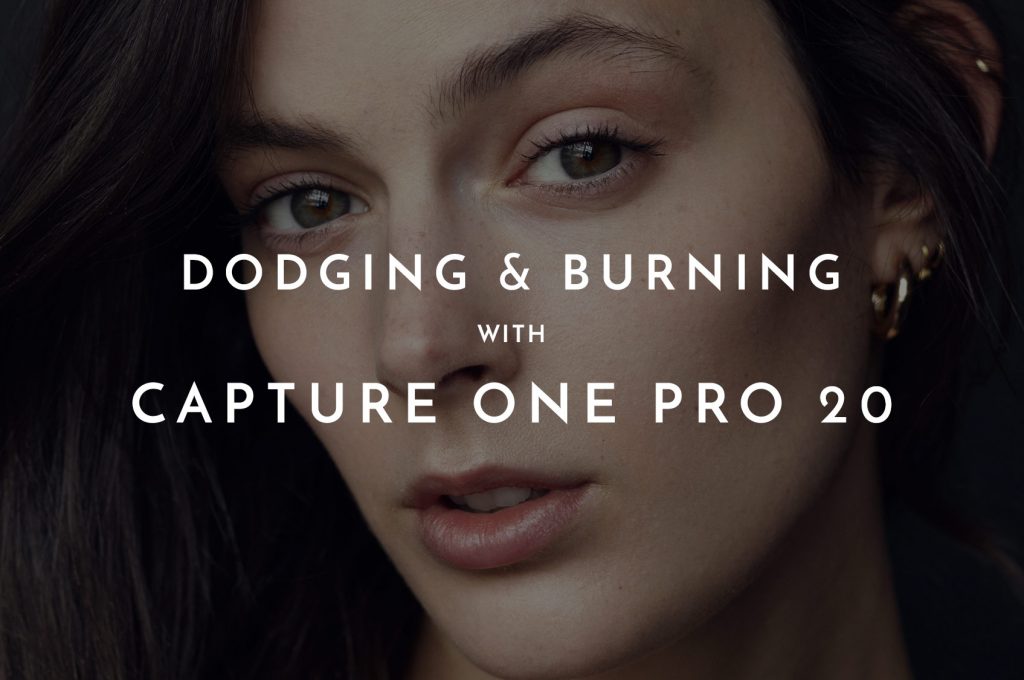
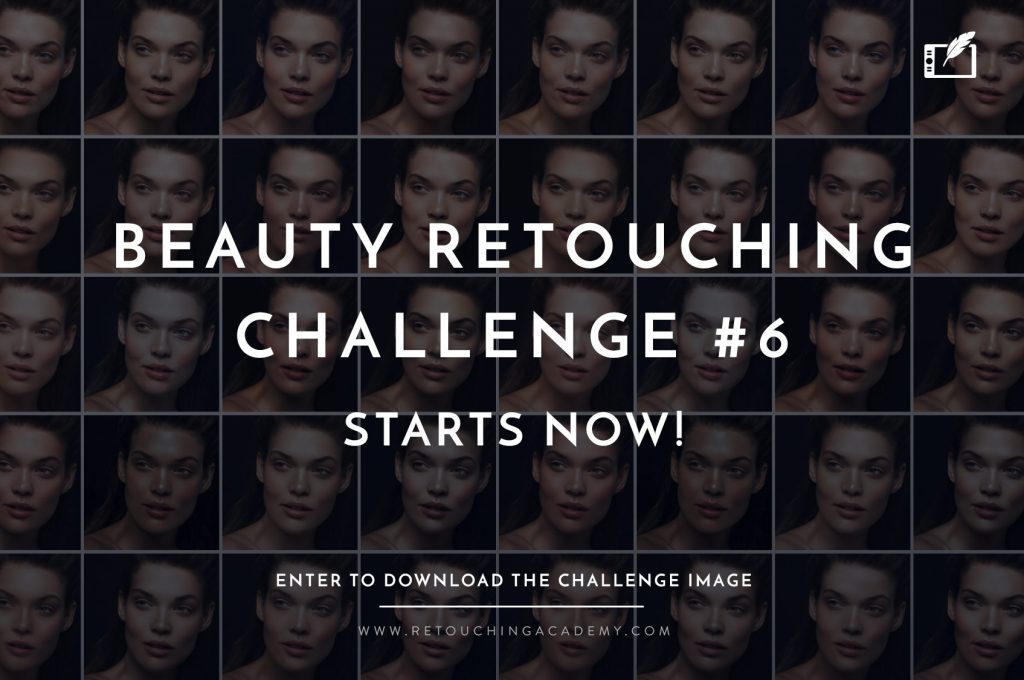
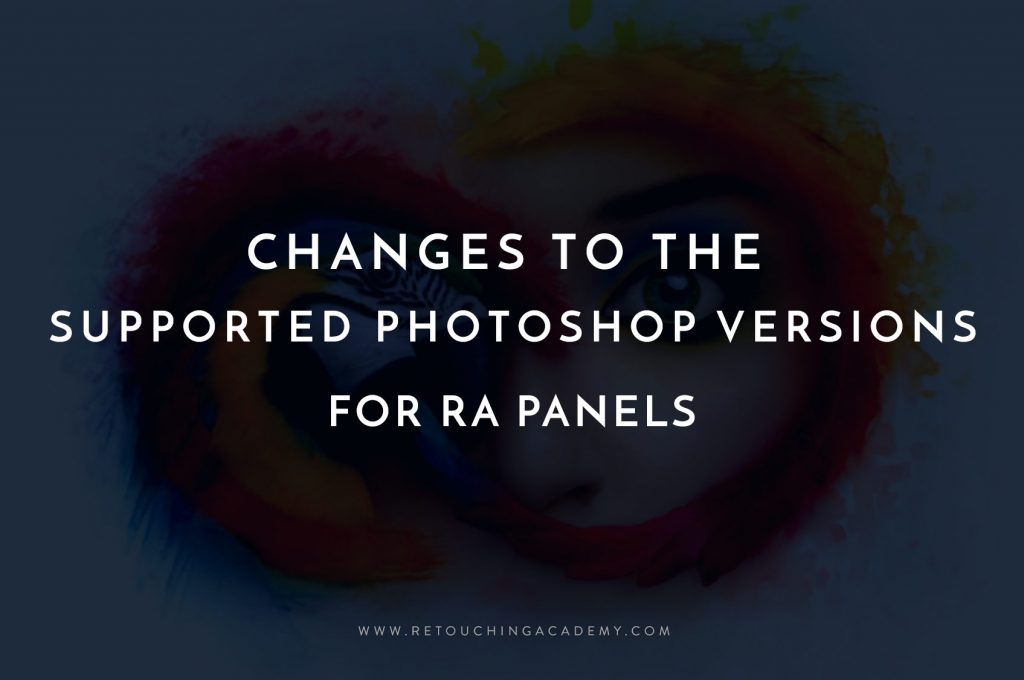
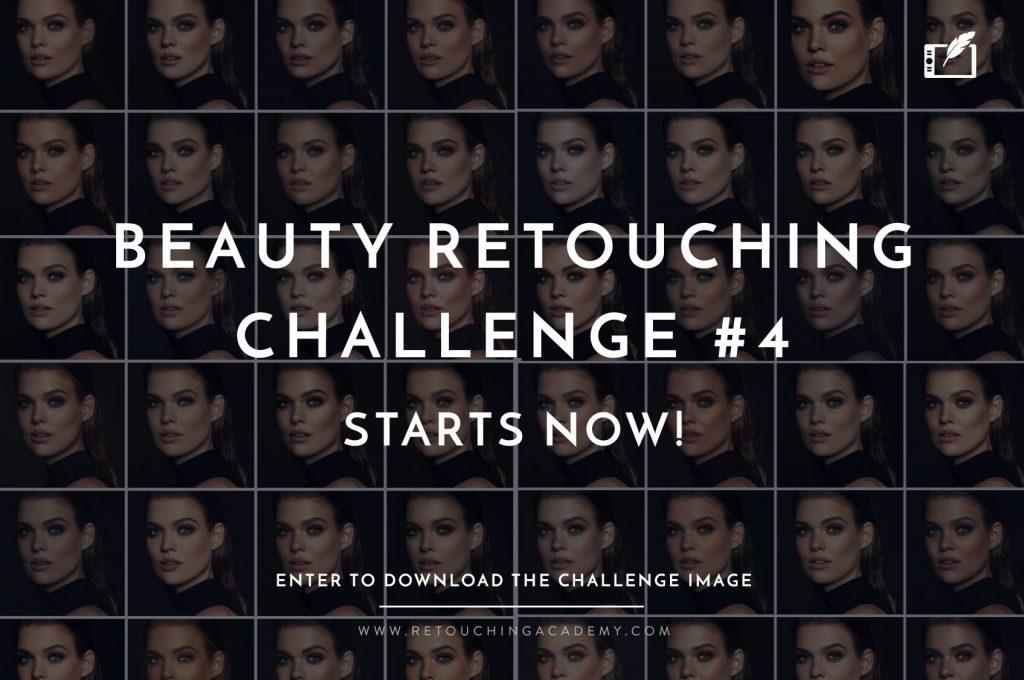
I can’t wait to be part of the an RA Recognized Professional Retouch program. I’ve been struggling to communicate that if you pay and huge amount of money for the photoshoot, why the heck would you hire a shit retoucher to mess the entire shoot up? Pay for quality and you get quality! It’s really not hard but it seems to be a massive issue. I’ve been shooting headshots for many years now and I see so many other photographers completely butching their photos by blurring the hell out of them. What the heck?!? A portrait is supposed to represent the person in it, bad retouching doesn’t help either side. Bad rep for the photographer and the actor/actress wouldn’t get a job because the end result doesn’t look anything close to how they look in real life. Lets spread the message and get it done right.!!
I too am excited for the RA Accreditation!!! What a great idea!
Thank you! That’s very good to know this is a wanted feature!